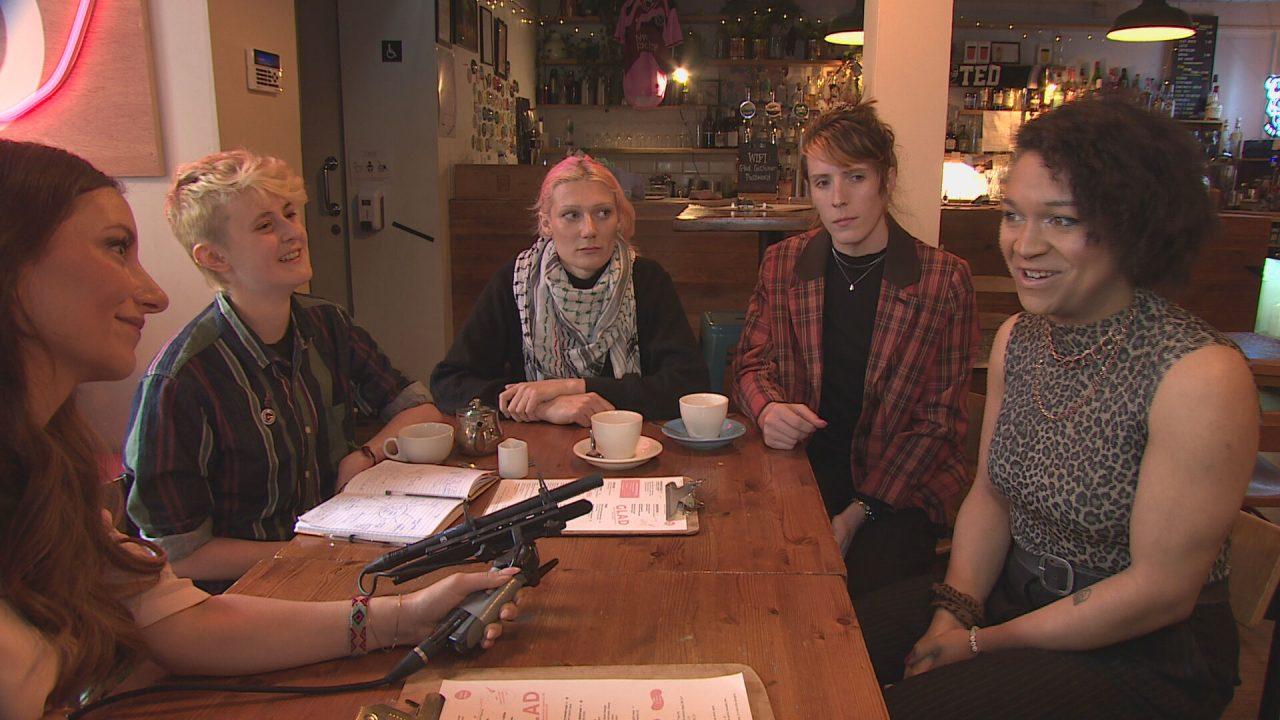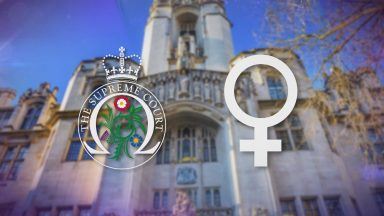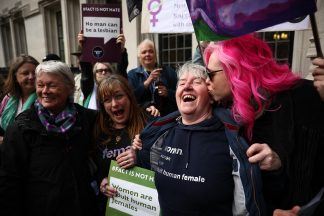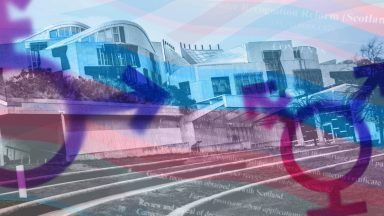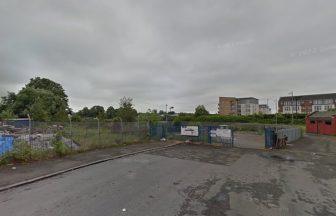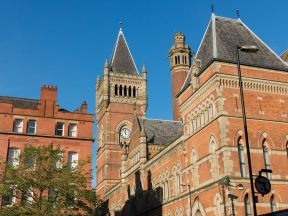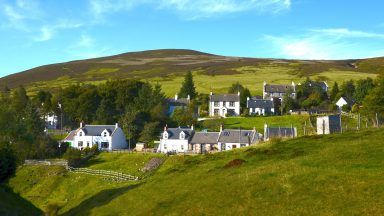Trans people living in Scotland have described the Supreme Court’s ruling on the definition of a woman as a step back for their rights.
This week, judges unanimously ruled that the terms woman and sex in the Equality Act “refer to a biological woman and biological sex”.
It follows a legal challenge by women’s rights campaigners of the Scottish Government’s interpretation of anti-discrimination legislation, which applies to England, Scotland and Wales.
This means the term woman in the Equality Act does not extend to a trans woman with a gender recognition certificate (GRC).
Members of the transgender community fear that the ruling could impact their day-to-day lives, but say they will not be legislated out of existence.
Speaking to STV News the day after the landmark ruling, members of the trans community said it could have far-reaching consequences for not only them, but also women across the country.
“The legal implications seem to be vast. Some organisations may take this as an opportunity to discriminate against trans women and trans men,” Iris Duane said.
“What we saw after this ruling was misinformation spreading quite quickly. Essentially, taking that as a blanket to do what they want going forward.
“It will have social implications where individuals will see trans people or people they perceive to be trans in single sex spaces and will take it upon themselves to try and do something about that outwith the guidelines and outside the law. Everyone just seems to be overtly confused about what happens next.”
‘Erosion of trans rights’
Theo Geddes said the ruling did not come as a shock. They added: “It’s one of the many steps in the gradual erosion of trans rights in the UK.
“We’ve been asking the government for the same things for decades, things that could make our lives better that the government could implement tomorrow. But they just keep doing things for the benefit of nobody.
“These rules don’t really benefit cis women or trans women. They just seem to undermine the rights and safety of trans women across the UK.”
The Scottish Government has said that the judgment will inevitably mean changes to the advice given to public bodies and health boards about single-sex spaces.
Fresh guidance is to be issued on how to manage single-sex spaces, including in hospitals, refuges and sports clubs this summer.
In the meantime, members of the trans community have been left in limbo.
Clara Mckechnie told STV News: “I’m scared to see how different organisations will take up this issue. What we can assume is that this now allows people to discriminate against trans women and exclude us from single-sex spaces.
“Day to day, it might not have any implications because already we have barely any healthcare available to us, there are no services available to trans people, whether it’s to do with our transition or not, and we’re constantly facing roadblocks.
‘We find ways to survive’
“We find ways to survive,” Iris added, “This legislation won’t stop us from existing; it will just make things trickier.
“We don’t want any extra attention, trans people just want to live their lives in peace.
“Some people in these spaces might take it upon themselves to remove trans people from these spaces, as they’re seeing information saying that the law now says.
“This could be an attack on women’s rights as a whole – people who don’t fit into that perfect binary or may be perceived to be transgender, butch women, women who dress more masculine, will ultimately be feeling the effects of this going forward.”
Jasmine Angove believes the “scapegoating” of the trans community is being used as a distraction.
“As we see the erosion of trans rights, we often see the erosion of women’s rights. The definition of a woman being so narrow doesn’t really help anyone except the people trying to control women.
“The separation of trans rights and women’s rights is just a distraction, it’s all the same fight.
“All of these social issues that we are seeing that this is a distraction from, are caused by 15 years of austerity.
“Trans people are being held up as a scapegoat alongside asylum seekers and refugees.
“What does this mean for women who are infertile? For women who have had to have a hysterectomy? As we get really narrow definitions of women, it becomes scary. We’re going backwards.”
With the impact on rules governing single-sex places, it’s feared trans people will choose not to use spaces that they would have in the past.
“I know I certainly feel more afraid, but I also feel hopeful that as a community, we have come together, not just trans people from across the political divide, to say that this is a minority that needs protection”, Iris added.
“We don’t go into changing rooms or bathrooms to be looked at or arouse suspicion, we go there because we need the toilet or we need to get changed.
“There will be more fear and apprehension, but as long as we’re doing it together, I’m pretty sure that we will be standing together.”
Speaking on Wednesday, the Scottish Government said it accepts the Supreme Court’s ruling.
“The ruling gives clarity between two pieces of relevant legislation passed at Westminster. We will now engage on the implications of the ruling”, a spokesperson said.
“Protecting the rights of all will underpin our actions.”
The Government said that it acted in “good faith” in its interpretation of both gender and sex, and that its interpretation was supported by the ECHR.
First Minister John Swinney expressed the same view, posting on social media shortly after the judgment was handed down.
Finance secretary Shona Robison said the ruling will mean ‘changes for guidance’.
“In making those changes, the Equalities Commission should make sure that they consult with and discuss any changes with different communities – including the trans community,” she said.
However, she said she doesn’t think the ruling will “really impact” on trans people going about their daily lives.
Follow STV News on WhatsApp
Scan the QR code on your mobile device for all the latest news from around the country


